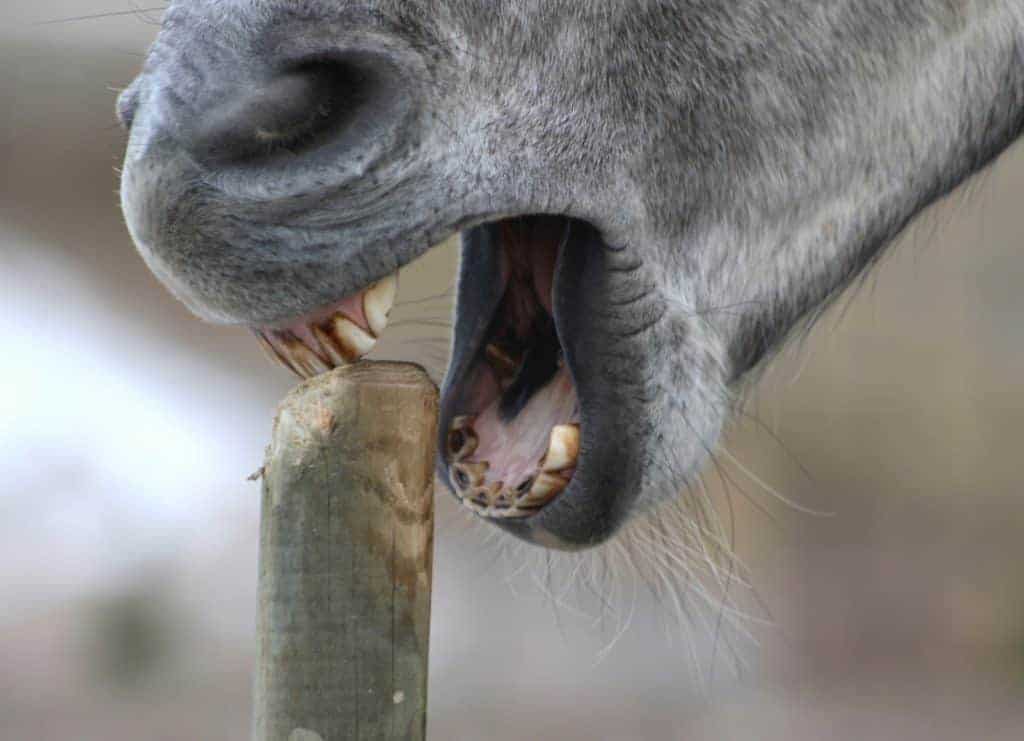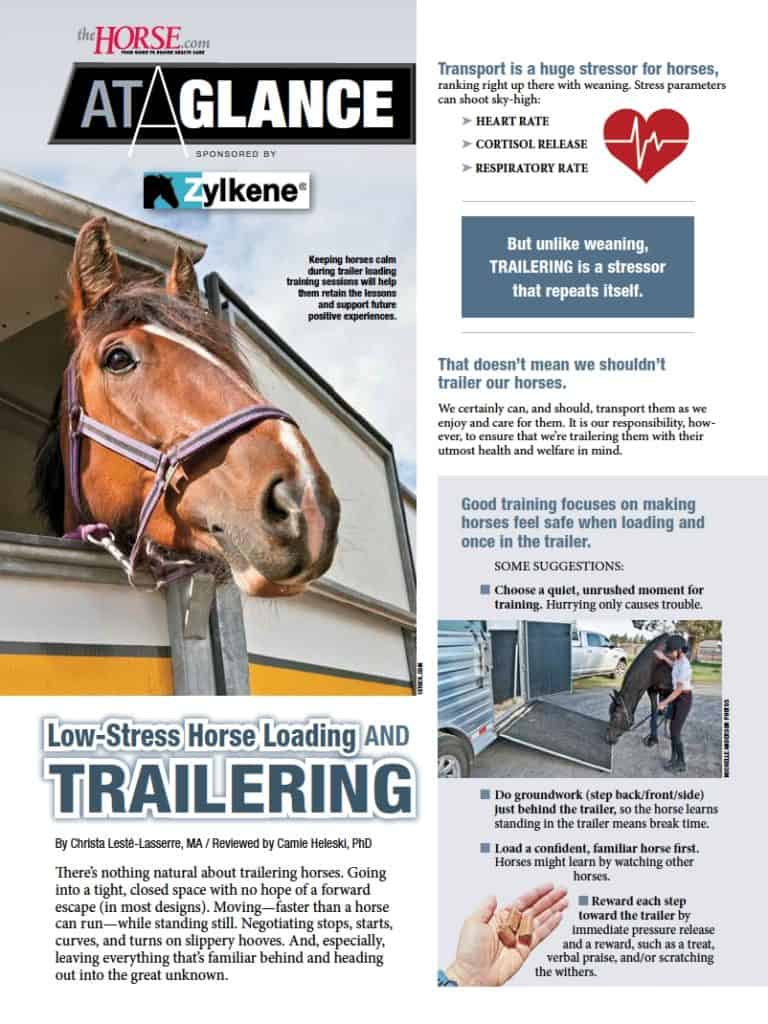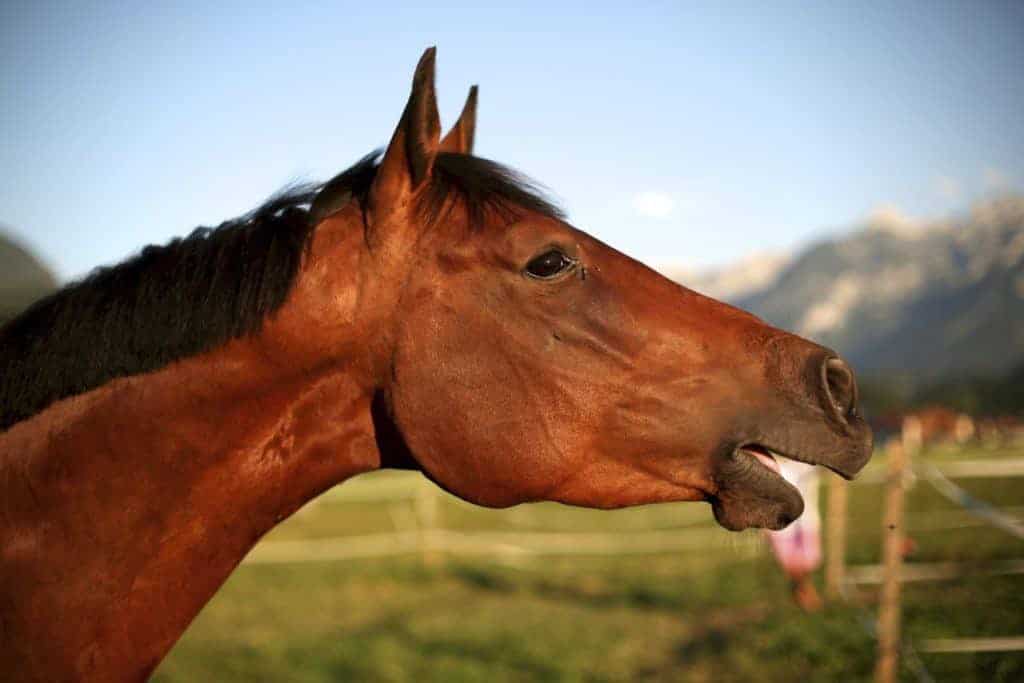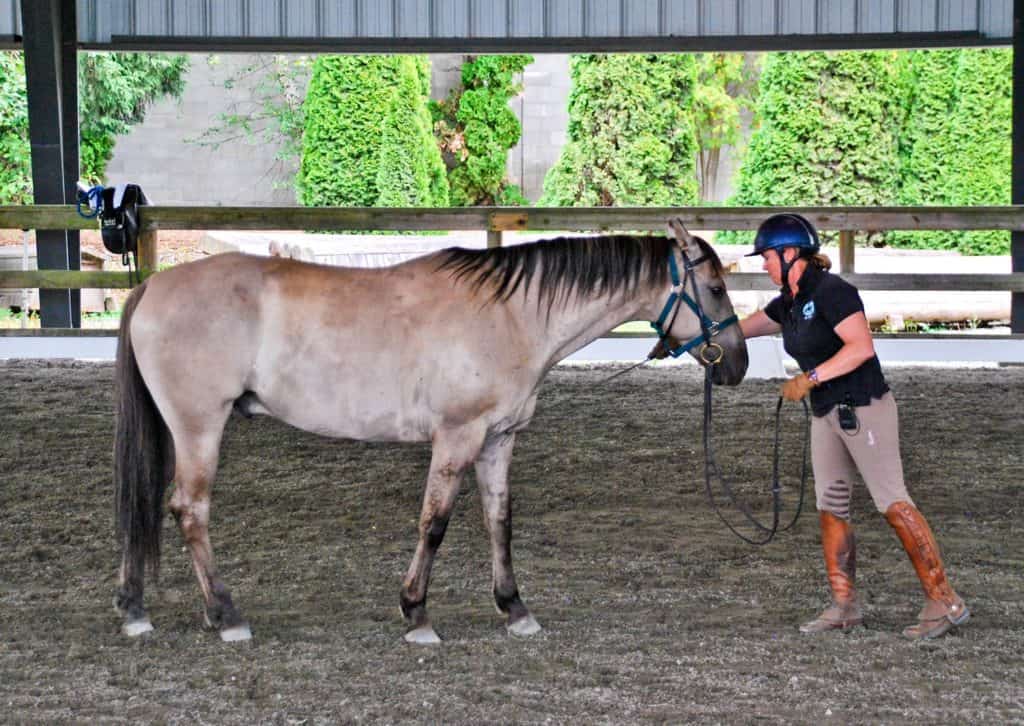
Selenium and Cribbing: Is There a Relationship?
Researchers found that the cribbers in their study were deficient in selenium.

Researchers found that the cribbers in their study were deficient in selenium.
The International Society for Equitation Science event will take place Nov. 22-25, in New South Wales, Australia.

Researchers have learned that horses and humans tend to align their physiological responses to emotional stimulation.

Researchers confirmed that therapeutic riding horses exhibited low physiological and behavioral stress responses.

Members of Saddle Up Safely’s partner organizations can receive a 10% discount on the registration fee.

A link between equine personality and cognition style could impact how we train and manage individual horses.

Horses showing signs of compromised welfare had low cortisol levels, indicating it could be a chronic stress indicator.

Trailering can be unnerving for some horses. Download this special report to learn how to keep your horse’s trailering experience safe and stress-free.

Dr. Camie Heleski offers insight on how horse and human brains differ.

The University of Kentucky’s Dr. Camie Heleski offers advice for handling buddy-sour horses.

Have you taught a horse a task on his left but had him be clueless about it on his right? Dr. Camie Heleski explains.

Dr. Camie Heleski shares scientific information about how much horses might learn from watching each other.

On average, horses’ stress levels remained within the range observed during routine work and management.

Horses reacted to facial expressions in the absence of any other cues, such as body movements, vocal sounds, or odors.

Learning theory describes how we can influence horse behavior and improve training outcomes. Discover how to shape your horse’s behavior.

Learn about horsemanship and how to incorporate learning theory in your own horse training.
Stay on top of the most recent Horse Health news with
"*" indicates required fields